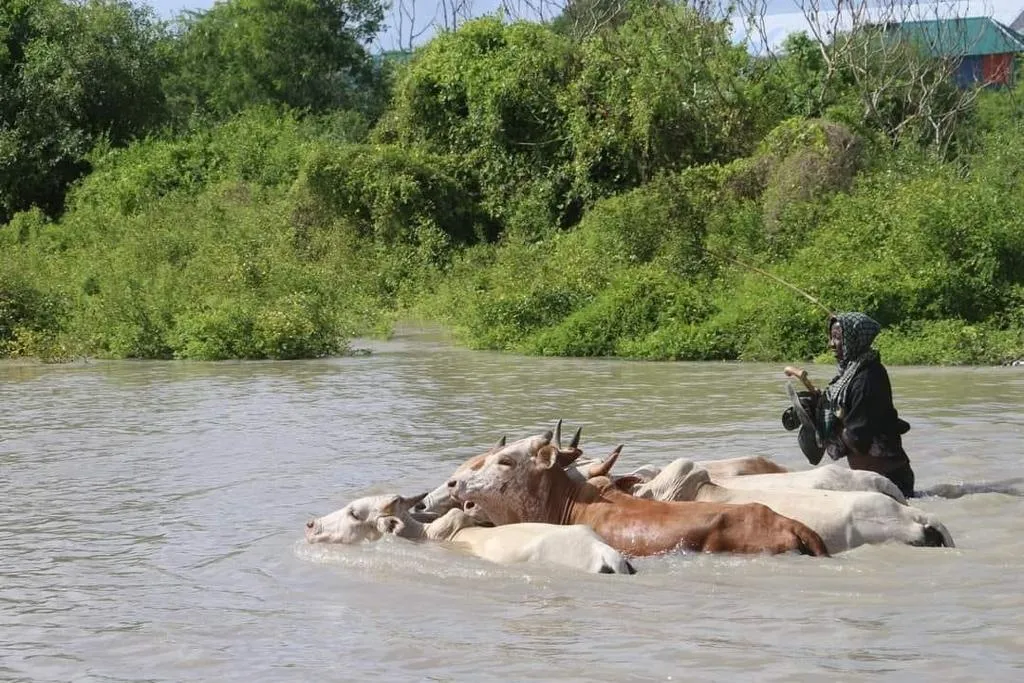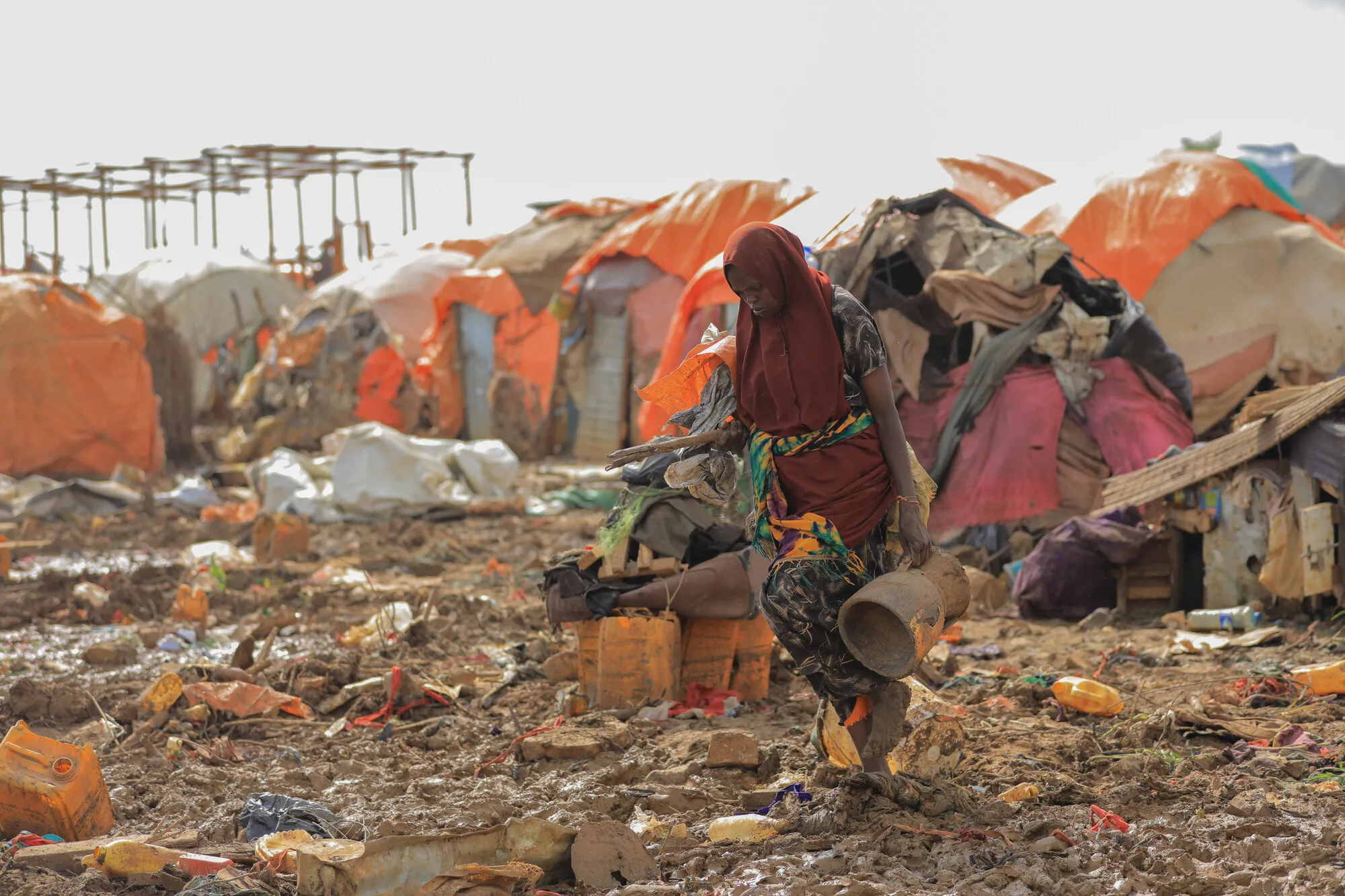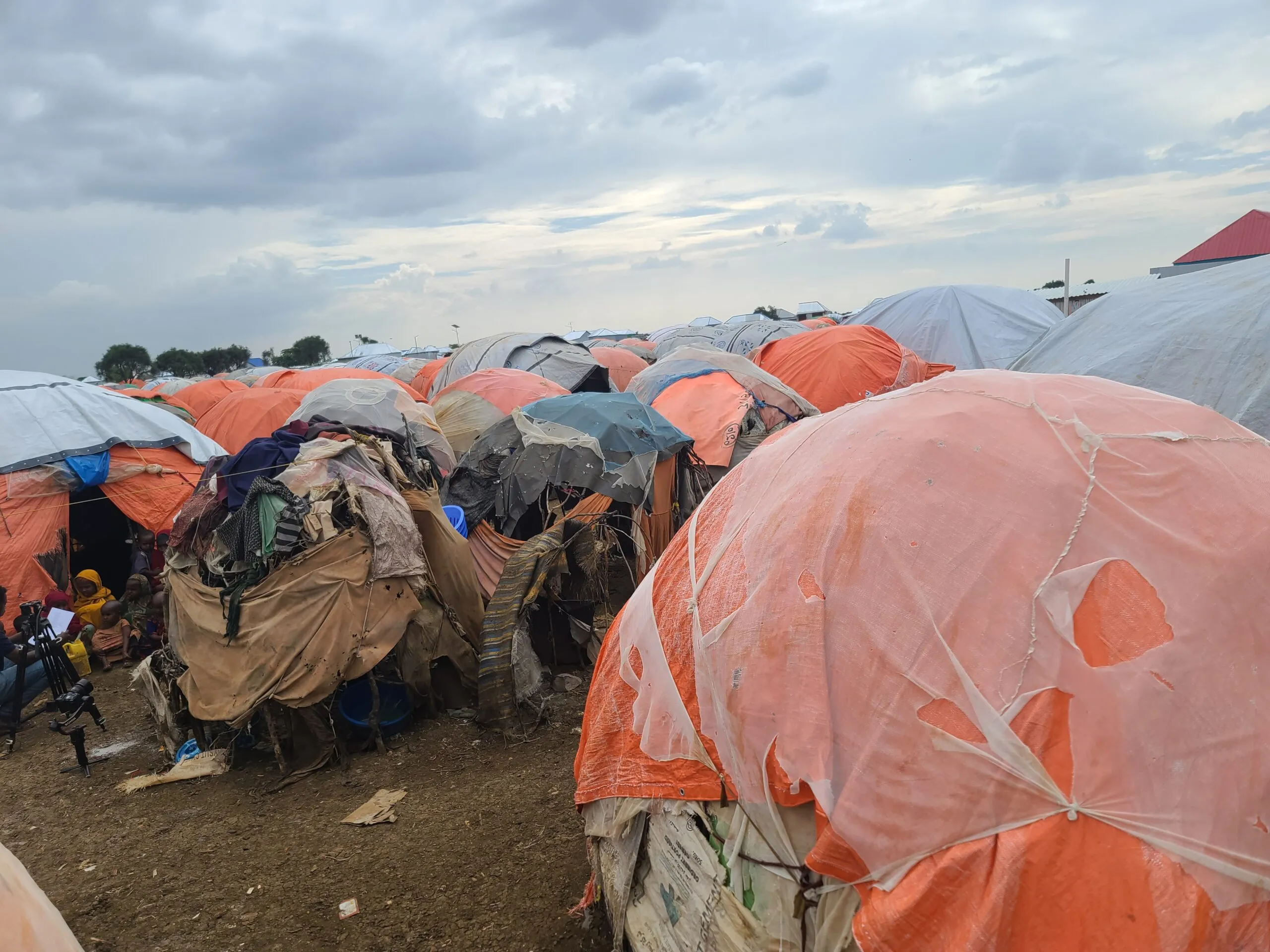Despite this grim outlook, there are things to be done right now.
The IPCC has laid out a roadmap to rolling back the effects of climate change, and a major part is demanding wealthy countries meet their commitments on climate finance and stop perpetuating an injustice that must be rectified.
The recent COP28 agreement on the operationalization of the Loss and Damage Fund offers a glimmer of hope, but also reveals shortcomings, since, while the COP28 conversations continue, the loss and damage does, too.
“Nearly two million Somalis have been affected by once-in-a-century floods after five failed rainy seasons,” Walter Mawere, Advocacy and Communications Coordinator for CARE Somalia says. “These communities have contributed the least to climate change, and yet they are now facing hunger and a lack of drinking water, with 1 million people forced to leave their homes.”
As world leaders prepare to leave Dubai in the coming days, the message from climate advocates is clear: the Loss and Damage Fund must not remain an empty promise.
CARE and other organizations are calling on the governments most responsible for the climate emergency to do more than just, as Greta Thunberg said in Egpypt, “Blah blah blah.”
Funding loss and damage is only a start.
“Financial commitments must not be about robbing Peter to pay Paul: funding must be new and additional,” says Fanny Petitbon, Head of Advocacy for CARE France. “COP28 must also design a clear pathway to establish innovative sources of finance based on a polluters-pay principle, such as a tax on the fossil fuel industry, a frequent flyer levy, a tax on international shipping fuel, a global wealth tax or a financial transaction tax.”
Petitbon also points out that loss and damage will only get worse if world leaders don’t address the root causes of climate change.
“COP28 must deliver an unwavering commitment to a fast, full, fair, and funded fossil fuel phase-out,” Petitbon says. “This is paramount to prevent future loss and damage, which sits at the heart of our collective responsibility to safeguard our planet for future generations.”



